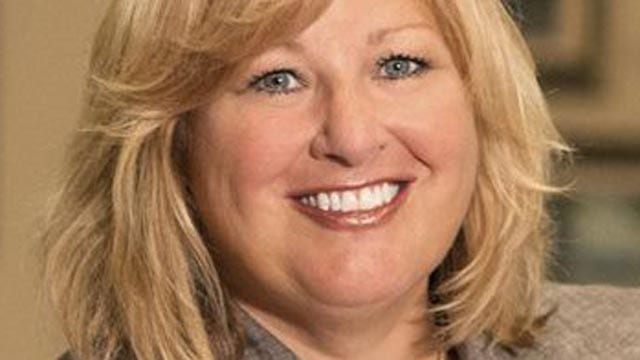
The new Doug Ford government in Ontario has cancelled a gathering this week in Toronto intended to solidify plans for updating Indigenous content and delivery in the province’s K-12 system.
On Monday a spokesperson for Ontario’s Ministry of Education issued a statement saying the government “will continue to move ahead with the updated Truth and Reconciliation Commission curriculum revisions” initiated by the former Liberal government.
But the statement said that the writing sessions intended to devise a plan and resources for educators to introduce the changes were cancelled at the last minute “in keeping with the commitment Premier Doug Ford made to run government more efficiently.”
Spokesperson Ben Menka identified the Truth and Reconciliation Commission curriculum revisions and Indigenous Languages in Kindergarten as two of the three writing sessions cancelled by the ministry.
Criticism of the decision by Indigenous leaders, politicians, and on social media has been swift.
“We have heard from many educators, Elders and knowledge keepers and share their frustration as this important work was dropped just before it was set to begin,” said Nishnawbe Aski Nation (NAN) Deputy Grand Chief Derek Fox.
“This is a step backwards on our journey towards reconciliation. The education of the youth in Ontario shouldn’t be dictated by the party in power, but left to professionals who acknowledge that identity building is the only positive move forward.”
Colinda Clyne, an Anishinaabe teacher and Curriculum Lead for First Nations, Metis and Inuit Education in Ontario’s Upper Grand District School Board, told APTN Monday the cancellations could impact the second and third phases of a three-stage process to update Indigenous content in the curricula.
“This is really significant,” she said. “We use these updates to guide the work that we’re doing with educators in our schools.”
Clyne said phase two of the planned reforms include Grades 1 through 3, Grade 9 geography, Grade 10 civics and some Grade 11 and 12 courses.
“It took a long time to get that plan rolling. As of last year, Phase 1 had just completed, which was Grade 4-6 social studies, Grade 7 and 8 history, and Grade 10 history,” she said, explaining that after the curriculum changes were determined “the curriculum writing teams got together and gave teachers lots of different prompts of how they can get people into the curriculum.
“Phase one is already done and is to be implemented in September, so I feel confident that the teachers who were part of that have a good understanding of what it is that they need to do,” Clyne continued. “I’m not confident they will know what to do with phase two, or even if phase two will exist.”
In response to Monday’s news, London West NDP MPP-elect Peggy Sattler issued a statement saying Premier Doug Ford “needs to come clean with families, teachers, educators and students about what’s going on here.
“The curriculum in Ontario’s public schools is outdated, and we simply have to do better for our children.
“Scrapping the TRC curriculum writing sessions at the last second is a damaging step backwards on the road to reconciliation – and it sends a horrible message to Indigenous communities about their importance to the Ford government.”
Monday’s news release from NAN said “Elders and knowledge keepers, many of whom are Residential School survivors, have made personal investments in this work,” and that “some will now lose income as they have booked time away from employment and other activities in order to participate.”
Fox said NAN is “asking this government to reaffirm its commitment…working with Indigenous partners to address the legacy of residential schools, close gaps and remove barriers, support Indigenous cultures, and reconcile relationships.”
In the government’s statement, Menka said the Ministry of Education “moved ahead with the cancellation unilaterally, with no direction from the Minister of Education,” MPP-elect for Huron-Bruce, Lisa Thompson.

Asked to clarify who made the decision, Menka responded “the deputy minister can have delegated authorities on certain matters,” referring to Ontario’s Deputy Minister of Education Bruce Rodrigues.
Asked if Rodrigues is allowed to speak to the press about the decision-making process, Menka said “only the Minister’s office will be putting out a statement on this matter.”
The Truth and Reconciliation Commission’s calls to action 62 and 63 compel the federal, provincial and territorial governments to update curricula with age-appropriate Indigenous content, and to, among other things, “provide the necessary funding to post-secondary institutions to educate teachers on how to integrate Indigenous knowledge and teaching methods into classrooms.”
According to Clyne, the cancelled writing sessions were intended to achieve the latter.
“It’s so important because most of the educators in the province did not get this information about Indigenous Peoples, histories, and traditions…and we need, as school boards, to be able to support the teachers in this work,” she said.










